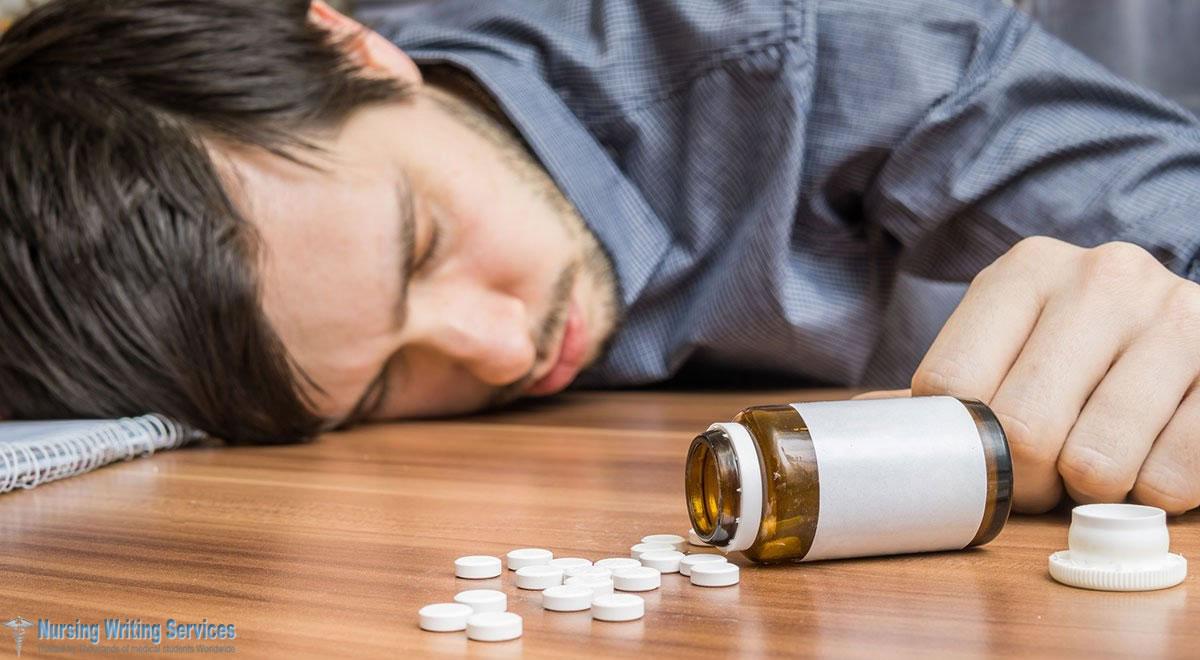
Opioid Dependency
An opioid is a collective term for drugs that doctors prescribe to relieve pain. Prolonged use of these synthetic painkillers can lessen pain-relieving effects and make the body to become dependent on the medicine.
Dependency causes uncontrollable cravings of continuing to take opioid even when it is not necessary and inability to control the use even in the face of evidence that it causes adverse effects. An attempt to stop taking the painkillers after dependency causes withdrawal symptoms that make it even harder to end the reliance.
Types of opioids
Opioid drugs for relieving pain are those in the class of these well-known prescriptions.
- Codeine
- Fentanyl
- Morphin
- Opium
- Heroin
- Hydrocodone
- Hydrophone
- Oxymorphone
- Oxycodone
- Methadone
- Meperidine
- Methadone
How Does Opioid Dependency Occur?
Dependency or addiction is a compulsive and uncontrollable use of these pain relievers despite knowledge of the adverse consequences. Dependence occurs when the body adapts to the presence of a particular drug to cause withdrawal symptoms when a user reduces the dose or stops taking the pills.
Taking a higher dose of an opiate drug or prolonged use changes the functioning of the brain. It starts functioning in the usual way only when an opiate drug is present in the body but works unusually after removing the drugs. A change in the brain functioning causes a drug tolerance. The body needs to take more and more amounts to achieve a similar effect. Opioid dependency also increases susceptibility to withdrawal symptoms.
A dependency of opioids causes euphoria, a sensation that most users seek to get when they take the drug. The effect will most likely diminish after a regular opioid abuse. Brain opioid receptors change after prolonged use at a cellular level. It is a protective response against overstimulation.
It is the reason why people conclude that that addicts use drugs while attempting to feel normal. Many people assume that the addicts are taking pleasure by daily use of substances. Surprisingly, most of the people who have a dependency on a drug do not even recall enjoying the use of opiates. Substance dependence and abuse become a burden at a certain point and a form of torture. Are you unable to complete a complicated opioid dependency essay? Contact Nursingwritingservices.com the professional writing service specializing in nursing academic writing.
Symptoms of Opioid Dependency
- Taking a significant amount of drug or a more extended period exceeding the prescription
- Intense cravings or an uncontrollable urge to take opiates
- A persistent desire as well as unsuccessful efforts to reduce or stop opioid use
- Spending an excessive amount of time and efforts to find, use and recover from the effects of opiate use
- Gradual failure to fulfill obligations at home, school or work because of excessive reliance on prescriptions
- Continued use of opiates even after noticing recurrent or persistent social an personal problems with a direct link to drug usage
- Use of drugs desires knowledge or experience of physical hazards or psychological issues they are causing.
Treatment of Opioid Dependency
Treatment options for prescription of drug abuse vary according to the type of drug an addict uses and other health needs. The methods of treatment are:
1. Medical management by drug detoxification and medication to control the severe withdrawal symptoms after an addict stops taking drugs. Detoxification requires the use of other prescription drugs that cause the same effects but without the addictive high to control the withdrawal symptoms.
2. Therapies: Counseling or psychotherapy at times is an essential part of treatment. It involves referring an addict to a counselor who offers professional advice and support that helps people to solve problems, change behavior and make valuable decisions.
3. Gradual discontinuation of opioids by decreasing dosage over time to reduce an effect of withdrawal symptoms
4. Opioid replacement therapy: Use of longer acting and less euphoric Opioids to replace dangerous drugs that are causing the dependency for the patient to keep the patient from criminal behavior and further health risks.
Managing opioid dependence is not simple does not happen quickly. It takes a period of ongoing treatment that includes behavioral therapy and counseling.

